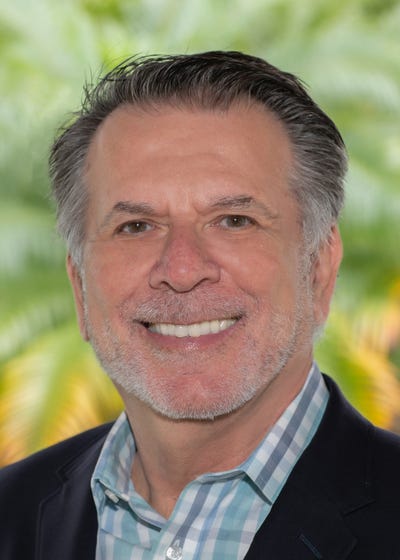Is the Recent Carson Acquisition of Northwest Capital Management the Beginning of a 401(k) Gold Rush by RIA Aggregators?Is the Recent Carson Acquisition of Northwest Capital Management the Beginning of a 401(k) Gold Rush by RIA Aggregators?
Who will have the advantage – RIAs or RPAs?

Creative Planning’s acquisition of Lockton’s retirement division at the end of 2021 sent shock waves throughout the retirement plan advisor industry.
Not only are Creative Planning’s wealth capabilities far ahead of even the top RPAs, they instantly became a top tier retirement firm threatening Captrust’s RPA dominance.
But was this deal a unicorn? Both CEOs are from Kansas City rumored to live close to each other and friends from high school. Rather than attempting to develop a wealth management business to augment their retirement practice, Lockton decided to sell. Creative Planning’s PE partner General Atlantic was rumored to have bid and lost out on Sageview, which may have whetted their RPA appetite.
The recent much smaller acquisition of Northwest Capital Management—with $4 billion in retirement assets—by Carson Group, though smaller, might be the beginning of other deals by RIA aggregators looking to enter the DC business. Most RIA aggregators and even significant regional firms have some 401(k) business, but it is not currently their focus.
“Before the Northwest Capital Management deal, our retirement division was an accommodation to our advisors with plans,” noted Jamie Hopkins, managing partner of wealth solutions at Carson Group. “It was not about new business or growing our 401(k) practice.”
Carson started by partnering with Vestwell on small plans, Pension Resources for compliance and Endeavor for their participant experience. But just as RPAs realize they must buy their way into the wealth management business, Hopkins knew they would have to acquire to be a competitive mid-market RPA.
Northwest did not use a banker when looking for a partner and selected Carson because of their superior wealth capabilities; they instantly became Carson’s top RPA practice. “Three to four years ago, no one brought us RPA deals,” stated Hopkins. “We won’t be the last RIA aggregator to look at DC practices.”
Driving RIAs into the 401(k) and 403(b) world are the major societal shifts affecting retirement plans including:
The explosion of small business plans due to state mandates, SECURE 2.0 tax credits and the use of PEPs
The convergence of wealth, retirement and benefits at the workplace
In-plan retirement income
More wealth advisors’ clients will be starting a plan—do they want another advisor to potentially threaten their relationship? Though only a small percentage of DC participants have enough assets to currently be attractive, Hopkins commented, “Assets start with DC plans, which is a way to build trust and start a relationship. We can afford to play the long game.” He also noted the movement to digital advice might allow advisors to serve more DC participants, which he expects to be super competitive.
Even after joining a large aggregator, RIAs are mostly on their on with business development—few have a brand, which is why they rely on leads from Schwab, Fidelity and more recently Smart Asset and why Fisher and Creative Planning are the largest RIAs by spending a ton of money on advertising and branding. Participants in DC plans are a plentiful source, especially since 50% of all wealth is not advised, according to Brandon Kawal, managing partner at Advisor Growth Strategies.
So if the answer is not if, but when more RIA aggregators enter the DC market, who has the advantage? RPAs building a wealth practice or RIAs building a DC business?
I would argue the latter because the plan-level Triple F services have been commoditized and can be outsourced—there is a growing focus on participant services, which RIAs intuitively understand better. They also are more adapt at leveraging technology, which will be needed to scale financial planning.
Look for more RIAs to acquire RPA practices like Carson has done with Northwest Management even as RPAs scramble to catch up continuing to buy RIA firms at an accelerated pace.
Fred Barstein is founder and CEO of TRAU, TPSU and 401kTV.







